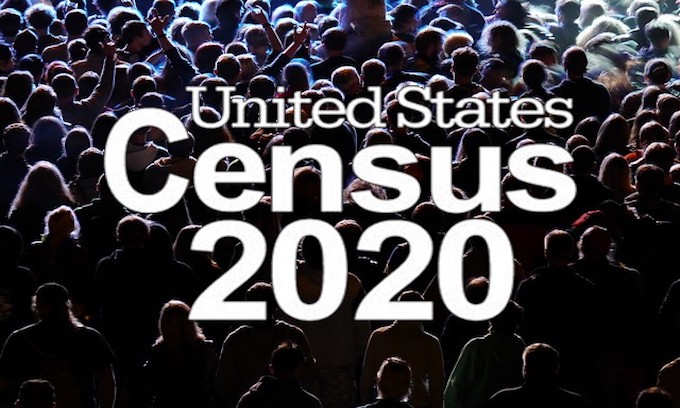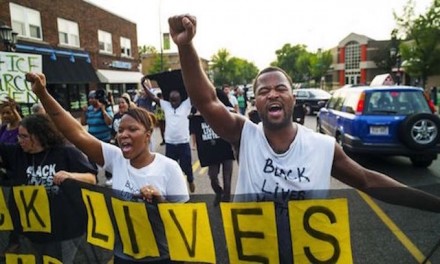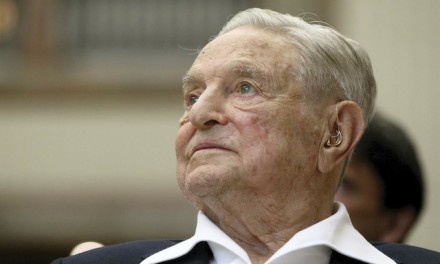The U.S. Census Bureau has revealed it will be embarking on a “test” this week with a specific purpose. Some 480,000 households across the nation will receive a questionnaire “testing the operational effects of including a citizenship question on the 2020 census.”
The federal agency did not specify the nature of “operational effects.” Census Bureau personnel alone are privy to the authentic rigors of counting 330 million people. Meanwhile, the citizenship question is a complex political and cultural situation.
Should the 2020 census ask “Are you a U.S. citizen?”
Democratic critics maintain that the inquiry would discourage immigrants from voting; several companies, including Levi Strauss, Uber and Univision, have filed an amicus brief in support of that idea. Republicans insist citizenship status would contribute to a more accurate count and realistic picture of the nation. President Trump took a clear stand on the issue, noting in a tweet, “The American people deserve to know who is in this country.”
Three federal courts already have blocked the Commerce Department — which oversees the census — from adding the question. The Supreme Court is in the middle of figuring out the answer. Yes or no?
But what about voters?
“Six in 10 registered voters, 60%, said that the Census Bureau should ask the citizenship question even if it results in fewer responses. Another 21% said the question should not be included, while 19% were unsure,” said a Hill-HarrisX survey of 1,002 registered U.S. voters conducted last month.
There’s drama too. PBS says the Supreme Court’s upcoming decision on the citizenship question is likely front-page news — potentially a landmark decision with “major implications for our representative democracy.” Two challenges to partisan gerrymandering also fall into that category, PBS said.
The Census Bureau, meanwhile, says the test findings from the nationwide test “will assist in determining updates to 2020 census operations, such as how many census takers are needed to follow up with nonresponding households and how to better communicate with households about the 2020 census.”
THE MODERATORS GET READY
Incredibly, the first Democratic presidential debate is only two weeks away. The host networks have now made a decision on who will moderate the prime-time showcases for an unprecedented number of Democratic candidates.
Representing NBC News, MSNBC and Telemundo, the following will wrangle the hopefuls during their two big nights on a stage in Miami: Lester Holt, Savannah Guthrie, Chuck Todd, Rachel Maddow, and Jose Diaz-Balart. Aside from Ms. Guthrie, the rest of the group also played a role in the 2016 Democratic debates in 2016. Mr. Holt, incidentally, will do the heavy lifting here — on camera for two hours at each debate. His co-moderators each get an hour of time.
‘ROCK SOLID’ SUPPORT FROM EVANGELICALS
Public opinion surveys are a complicated political entities, particularly when it comes to President Trump. A new Quinnipiac poll, for example, now claims that six Democratic presidential hopefuls would best Mr. Trump in a theoretical match-up. It is interesting to note that out of the 1,214 voters who were surveyed, 503 were Democrats.
But let’s move along to another new poll, this one conducted on behalf of the 1.2 million-member Faith and Freedom Coalition, a grassroots public policy organization. The survey finds that the president has an 83% job approval rating among self-identified evangelical Christians — “one of the highest ratings of his presidency” — and that 81% of these evangelicals voted for Mr. Trump in 2016.
“Evangelical voters have consistently shown that, outside of base Republicans, they are the most supportive demographic group for President Trump,” says Public Opinion Strategies pollster Glen Bolger — who calls this “a bedrock base of support.”
The survey found that evangelical Christians comprised 27% of all registered voters — and that the only higher support for Mr. Trump was found among Republicans, who gave him an 85% job approval rating.
“This survey confirms that President Trump’s support among evangelicals is rock-solid and suggests that support may be growing. While we are a long way from the 2020 election, job approval is the single most reliable predictor of voting behavior,” says Ralph Reed, the coalition’s chairman.
“Trump’s strong economy, his conservative Supreme Court and other federal judicial selections, his unwavering pro-life policies, and his steadfast support for the state of Israel all add up to historic levels of support among evangelicals and conservative Christians,” says Mr. Reed.
The survey of 800 registered voters was conducted June 1-6.
FOXIFIED
Fox News Channel remains the most-watched cable network of all during the daytime and prime-time hours according to Nielsen Media Research — currently averaging 2.3 million prime-time viewers, compared to 1.5 million for MSNBC, 1.2 million for HGTV rounding out the top three. The 726,000 for CNN is ranked No. 15 among the cable networks.
Once again, “Hannity” is the top program of all here, drawing 3.2 million viewers per night. Along with Sean Hannity’s nightly show, presentations of ” Tucker Carlson Tonight,” “The Ingraham Angle,” “The Five” and “Special Report with Bret Baier” claimed 20 of the top 30 cable telecasts overall in total viewers.
And of note: Last Wednesday, Mr. Carlson topped MSNBC’s town hall with Democratic presidential hopeful Sen. Elizabeth Warren in both total viewers and among the much coveted 25-54-year-old demographic.
POLL DU JOUR
• 55% of Americans say President Trump will win the 2020 presidential election; 86% of Republicans, 61% of independents and 25% of Democrats agree.
• 63% of men, 48% of women, 62% of white voters and 42% of non-white voters also agree.
• 41% of voters overall say Mr. Trump will lose the election; 12% of Republicans, 34% of independents and 72% of Democrats agree.
• 34% of men, 48% of women, 34% of white voters and 56% of non-white voters also agree.
• 4% of voters overall don’t know or are undecided on whether Mr. Trump will win; 2% of Republicans, 5% of independents and 3% of Democrats agree.
• 3% of men, 4% of women, 4% of white voters and 2% of non-white voters also agree.
Source: A CNN poll of 1,006 U.S. adults conducted May 28-31 and released June 5.
• Kindly follow Jennifer Harper on Twitter @HarperBulletin
© Copyright (c) 2019 News World Communications, Inc.
—-
This content is published through a licensing agreement with Acquire Media using its NewsEdge technology.



















Recent Comments